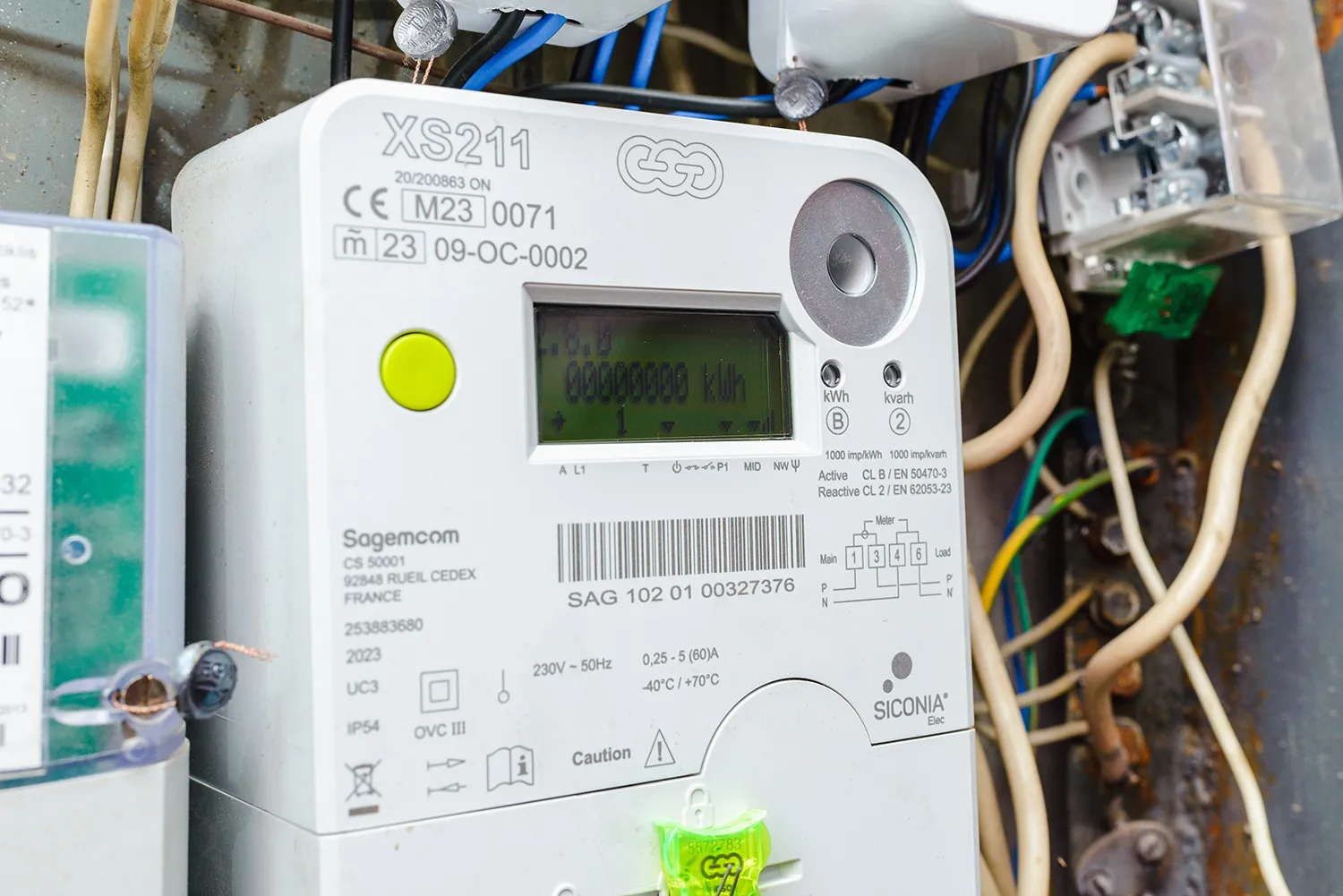Automation at the Edge: How Russian Digital Utilities Serve the Last Mile

From the frozen villages of Chukotka to the highlands of Dagestan, Russian IT solutions are redefining utility management in extreme conditions—offering models that could transform public services across the Global South.
Utilities Under Extreme Pressure
In regions like Yakutia, Chukotka, and Magadan—where winter temperatures plummet below -50°C and internet access is patchy—Russian platforms have introduced digital billing and utility service apps that function in offline or low-connectivity environments.
As part of the Unified Payment Document initiative, mobile applications and local servers process customer data and payments even without stable online access. These systems have also been implemented in Ingushetia and Dagestan under the Smart City, Smart Utilities, and Smart Home programs aimed at achieving full digital coverage by 2030.

Digital Solutions for the Map’s Blind Spots
Nationwide utility platforms like GIS Housing and Public Utilities and the 'Gosuslugi.Dom' app are now operational in Russia’s most inaccessible areas. By 2025, over 10 million users were managing everything from meter readings to maintenance requests remotely.
The '1C: Management in Housing Associations' platform is especially effective in low-population areas. It uses hybrid data collection to integrate smart meters and schedule quarterly service trips—replacing costly monthly inspections.
Dispatcher support systems work with delayed mobile data submissions, allowing residents to file service requests via SMS or light mobile apps. Once a signal is available, the data uploads automatically and reaches the appropriate local dispatcher.

An Export-Ready Model for the Global South
Seventy-six percent of Africa, Asia, and Latin America face similar challenges: limited infrastructure, weak connectivity, harsh climate, and scarce resources. Russian systems provide a rare combination of resilience and low-tech compatibility.
Three major strengths make these systems export-ready: 1. **Energy independence** – optimized software and devices work with low power consumption and extended battery life. 2. **Offline-first design** – data is processed locally and synced during short internet sessions. 3. **Climate tolerance** – systems operate from -60°C in the Arctic to +55°C in tropical zones.
These technologies are no longer confined to megacities. They turn Russia’s harshest environments into living laboratories for scalable innovation, delivering reliable services to the world’s most remote populations.









































